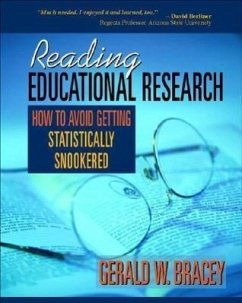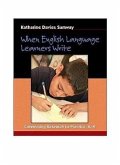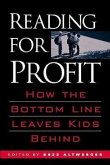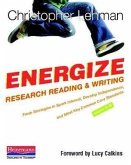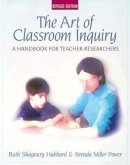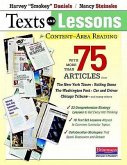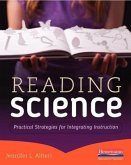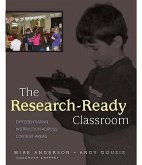Stats, stats, stats. Everything written about education today is full of stats. Stats about reading and writing competency; stats about graduation and retention rates; stats about meeting state education mandates. With so many numbers in education these days, how do you discern what's data and what's data? With Reading Educational Research, nimble-minded number cruncher and award-winning researcher Gerald Bracey walks you through the process of figuring out the meaning behind the figures. Bracey writes with clarity and humor, defining statistical terms and offering specific principles for assessing the quality of research. Reading Educational Research includes four major themes that all teachers will find helpful as they read research and talk about it with others, including: - understanding data and how it is used--and misused - uncovering how variables are used in the construction of scientifically based research--and manipulated in politically motivated research - drawing conclusions about studies and deciding whether their data is meaningful - assessing the data that comes from standardized testing.
Hinweis: Dieser Artikel kann nur an eine deutsche Lieferadresse ausgeliefert werden.
Hinweis: Dieser Artikel kann nur an eine deutsche Lieferadresse ausgeliefert werden.
